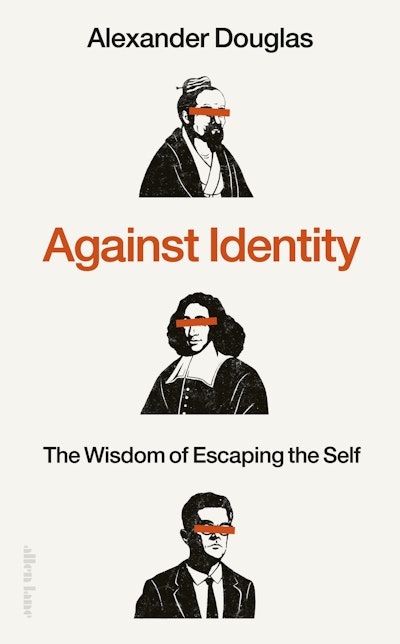- Published: 8 May 2025
- ISBN: 9781802063325
- Imprint: Penguin eBooks
- Format: EBook
- Pages: 272
Against Identity
The Wisdom of Escaping the Self
- Published: 8 May 2025
- ISBN: 9781802063325
- Imprint: Penguin eBooks
- Format: EBook
- Pages: 272
A brilliant and important work. Alexander Douglas here presents a highly original, creative, and profound treatment. Every thinker and researcher concerned with the self should read at least Douglas’s integrative introduction
Roy F. Baumeister, author of The Self Explained: Why and How We Become Who We Are
A philosophically rigorous yet impassioned critique of identity as both metaphysical error and social pathology. What the book offers is not an ethic of self-expression but a practice of disidentification: a way of letting go that is neither defeatist nor escapist, but attentive to the costs of identity and the possibilities that open up when we cease to grasp. Against Identity is generous, incisive, and quietly radical
Christine Tan
A profound meditation upon the way we perceive ourselves and the pits we frequently fall into, either as individuals or as groups, from the schoolyard to the nation state. Against Identity is revelatory, written with singular clarity and granite purpose, using little-known philosophies to think better and live with less turmoil, self-torture and aggression. In times of pessimism and chaos, it is a welcome voice of optimism and possibility
Richard Whatmore
A refreshingly inventive, challenging and provocative book that demands we think more deeply about this modern mantra to be yourself. Crisscrossing continents and several millennia of thought about the self, Douglas sets out a powerful vision of human liberation through a shared identitylessness
Dan Taylor
Accessible and engaging, the book bridges scholarly exploration and existential reflection. Readers will learn about Spinoza, Zhuangzi, and Rene Girard, and, at the same time, realize how these thinkers illuminate the pitfalls of our contemporary obsessions with identity and a supposedly "true self"
Dr. Hans-Georg Moeller
Deeply interesting… a superb critique of contemporary self-obsession
Steven Poole, Guardian
Elegant and entertaining... refreshingly even-handed
The Critic
Engrossing… bracing… incendiary and timely
Stuart Jeffries, Daily Telegraph
Impressive, convincing, and moving... Against Identity provides a way of navigating life wisely. It is so relevant to our present convulsions around identity, and yet (despite the provocative title), beautifully free of stridency, aggression, and jargon
Michael Kirwan
Lucid and absorbing… One of my highlight books of the year
Stuart Kelly, Scotsman
What if everything we strive to do is a flimsy proxy for the futile attempt to be someone or something in particular, which turns out to be a quixotic fool’s errand inevitably leading to frustration, self-deception, conflict and despair? What if instead being nothing and no one in particular amounts to being able to be anyone, which is the maximal being that is being everyone? Who would make such a claim? Through a masterful triangulation of three seemingly disparate and unrelated thinkers, analyzed and explained in briskly buoyant prose that is both rigorously precise and engagingly quotable, Against Identity tells us who—as well as how, and why. The reader who takes this journey will arrive again at the same question, but now completely transformed and joyously redirected at herself: who indeed?
Brook Ziporyn



